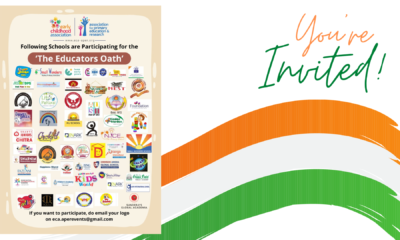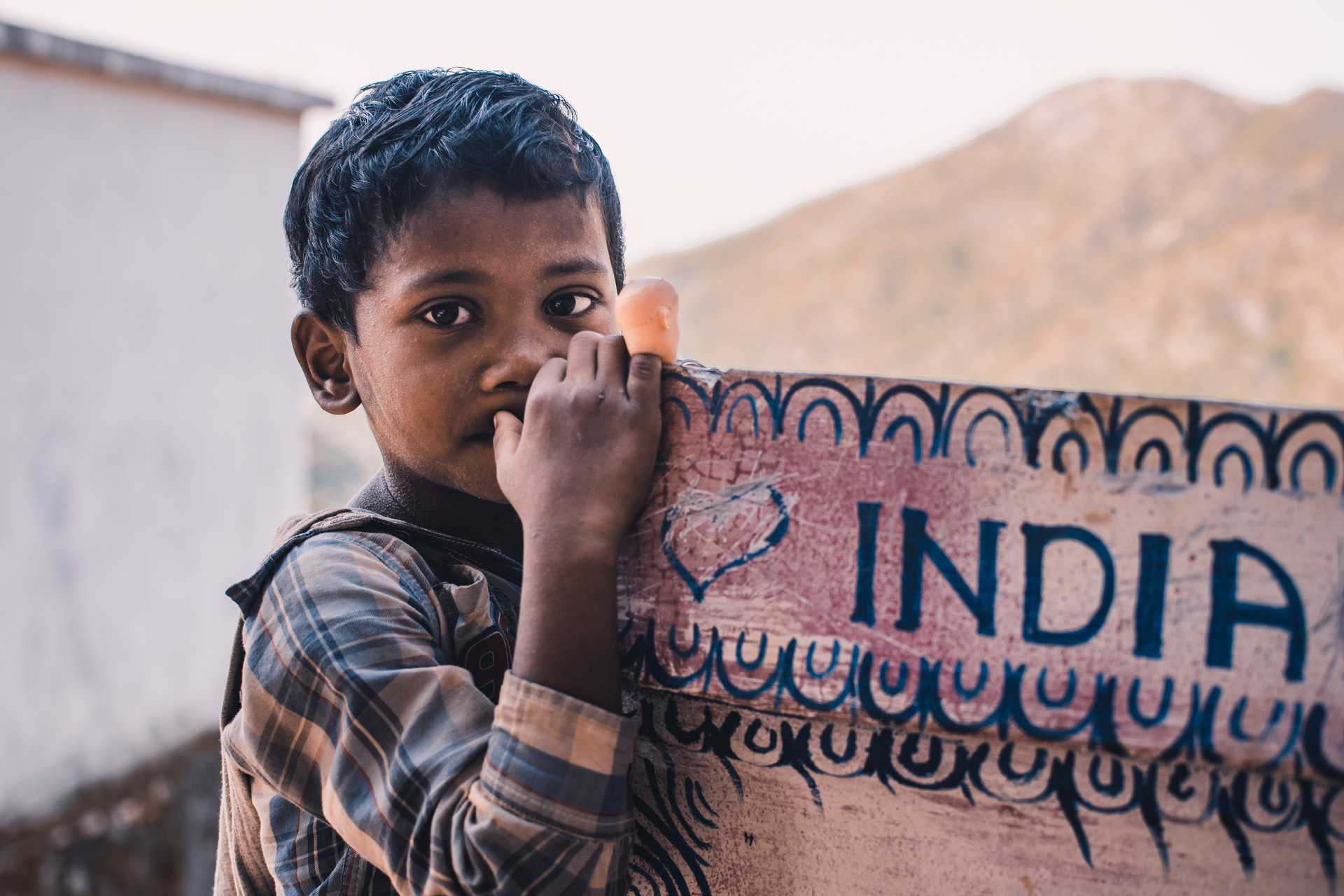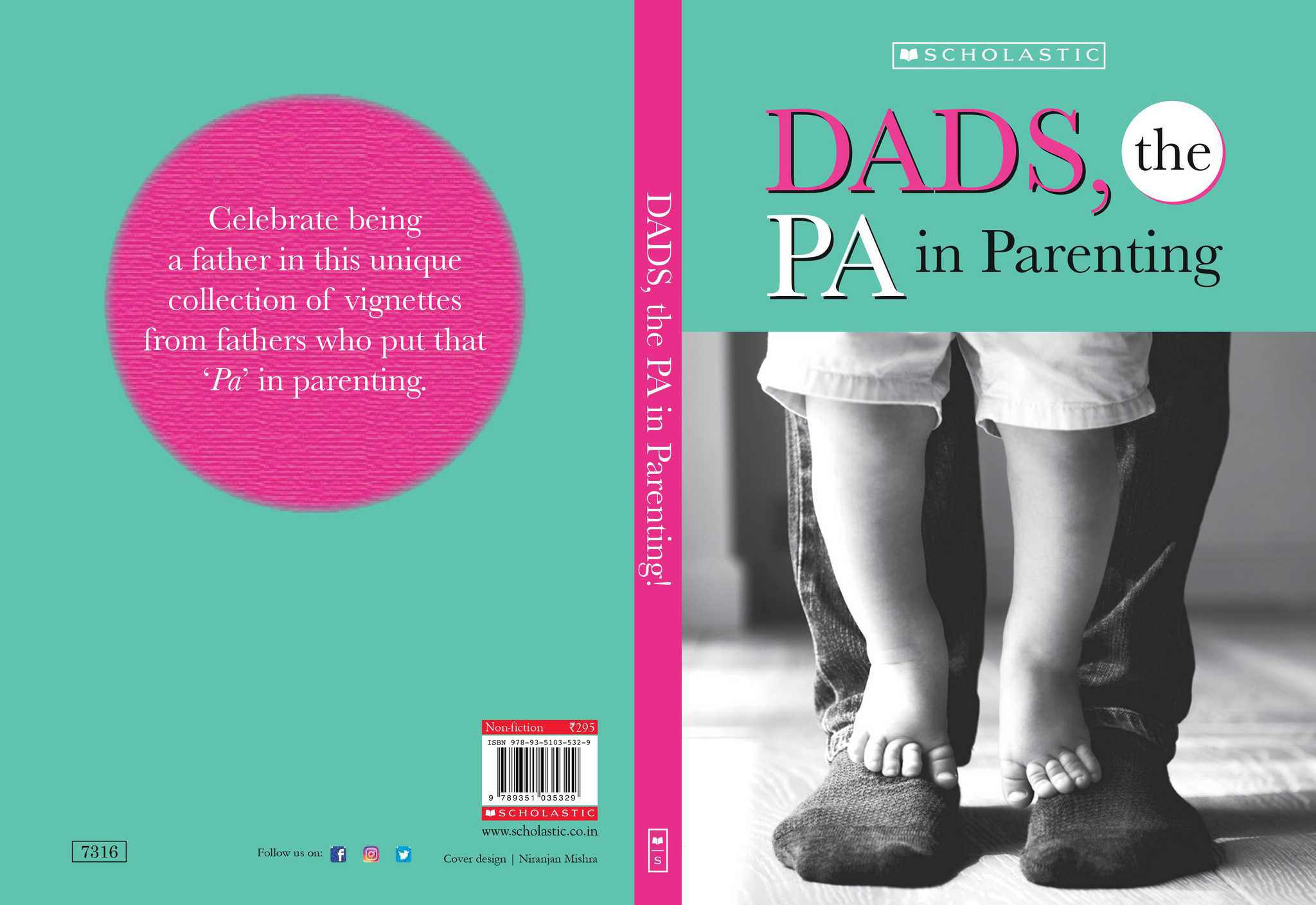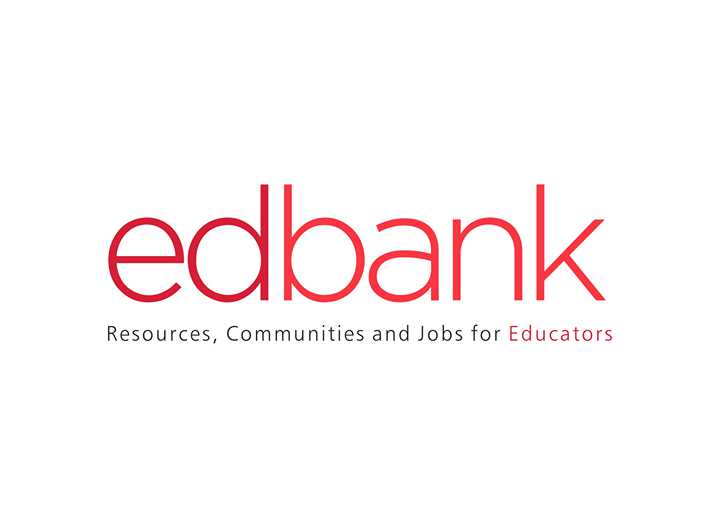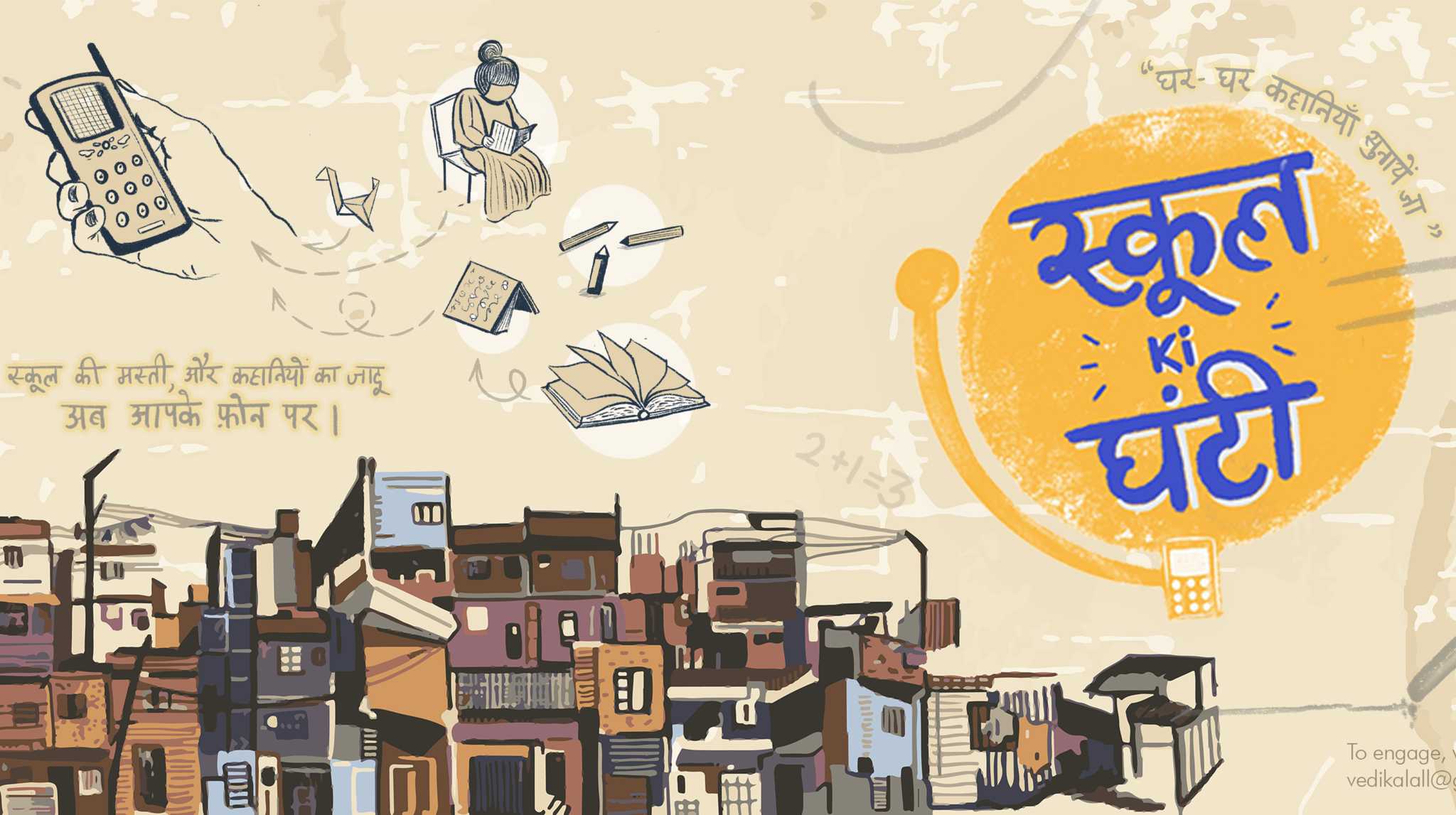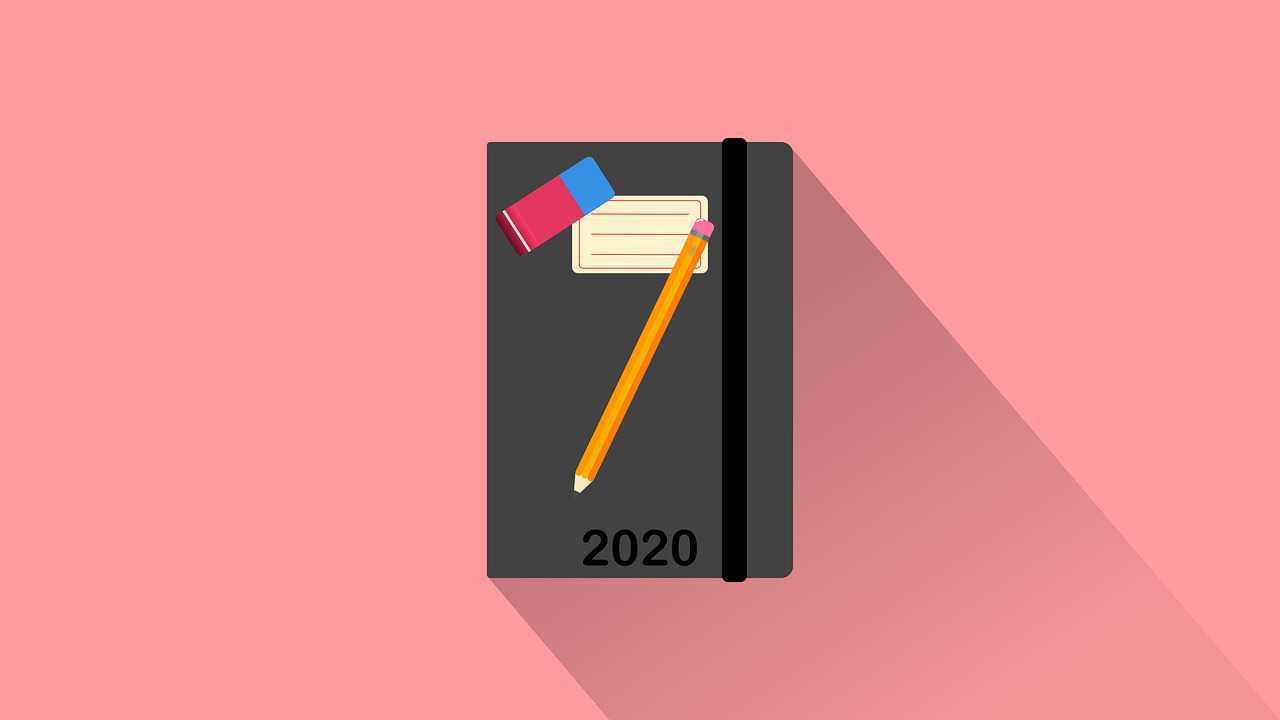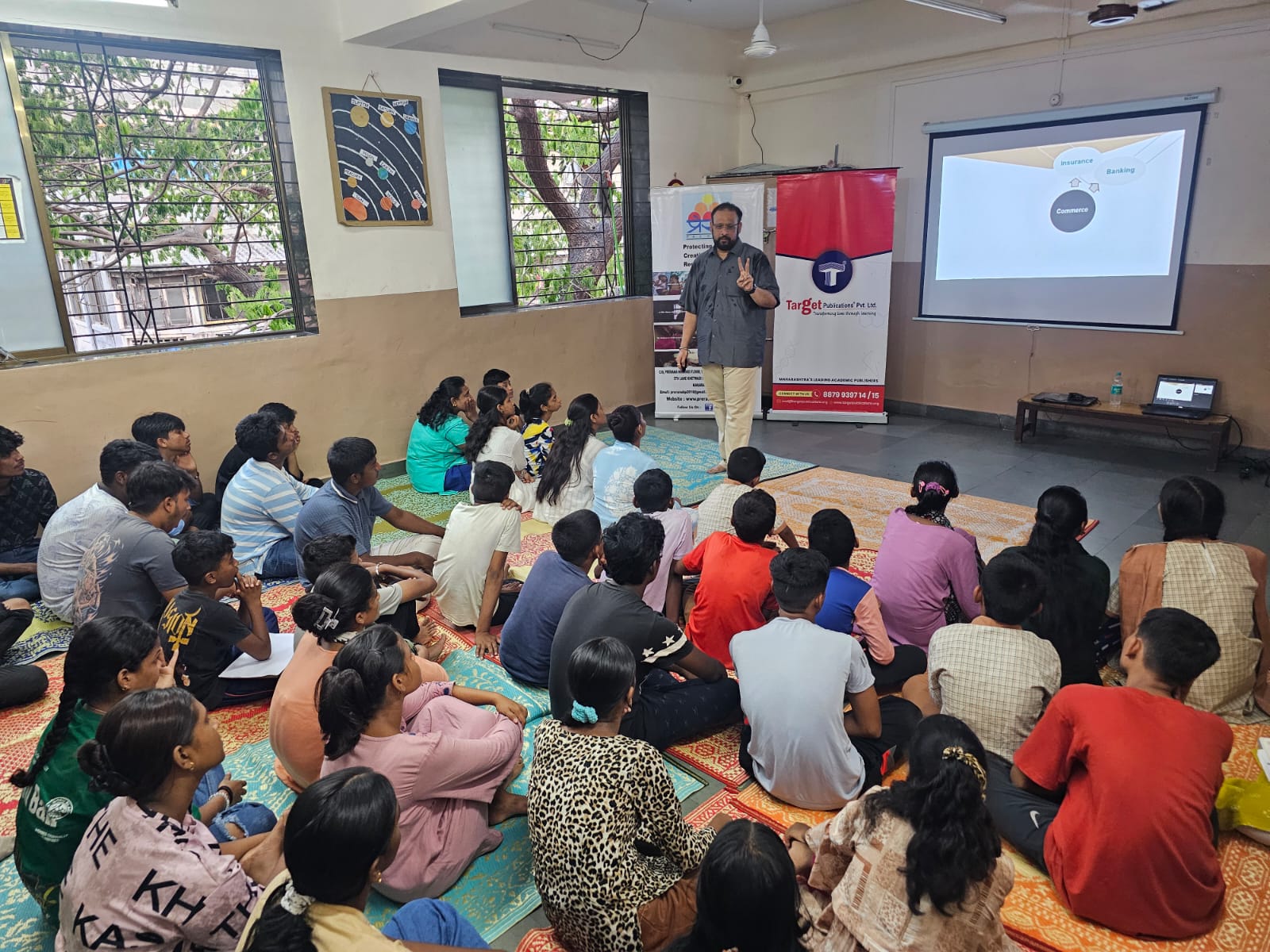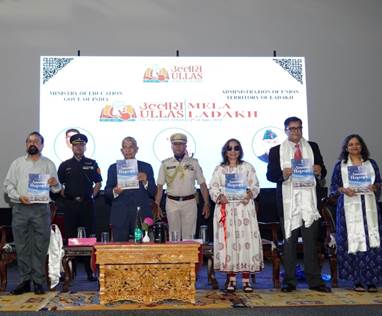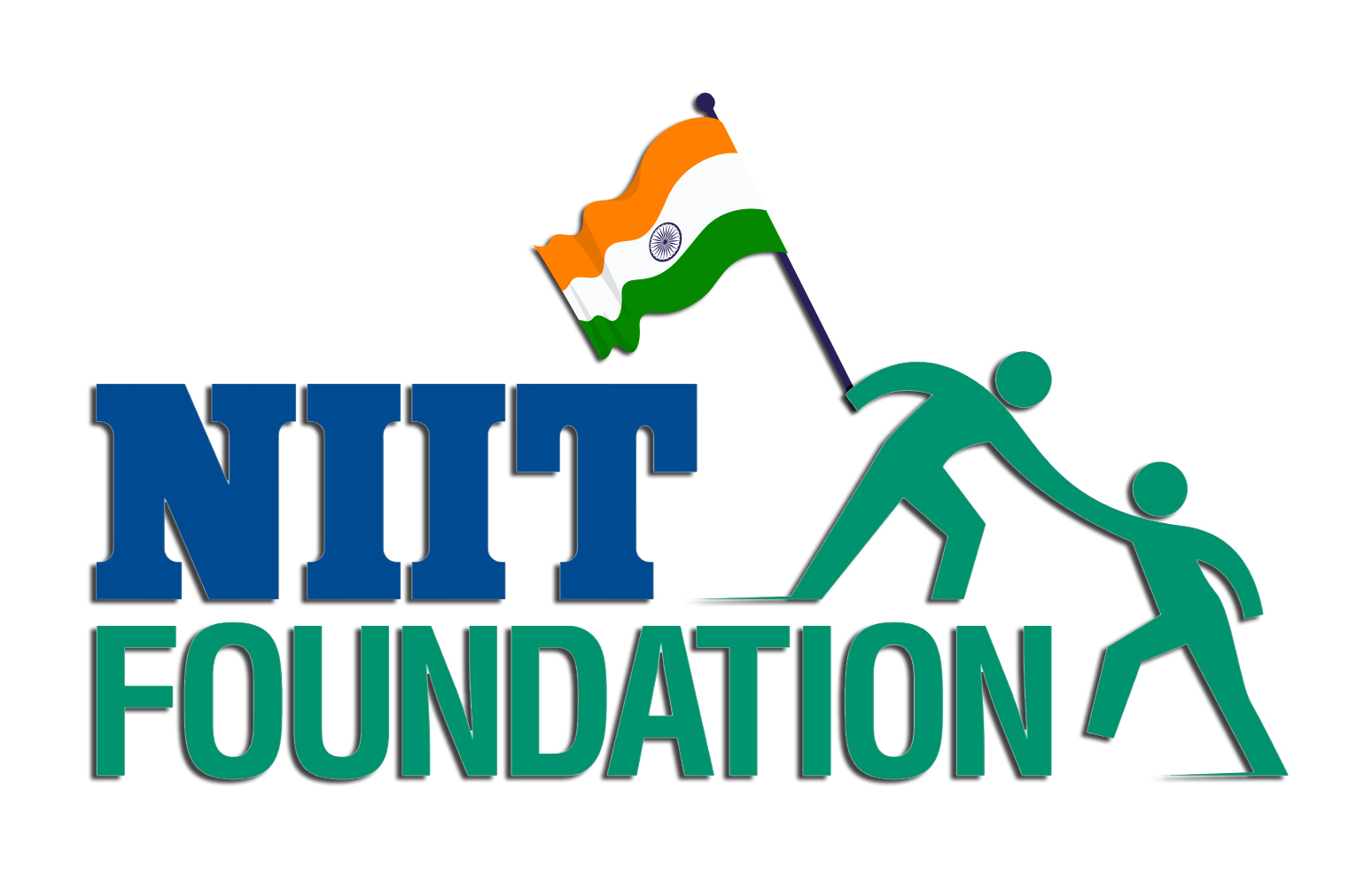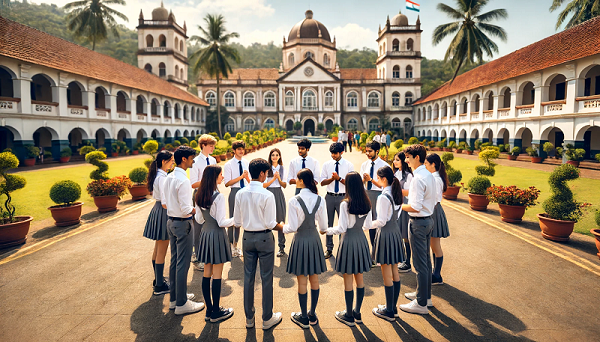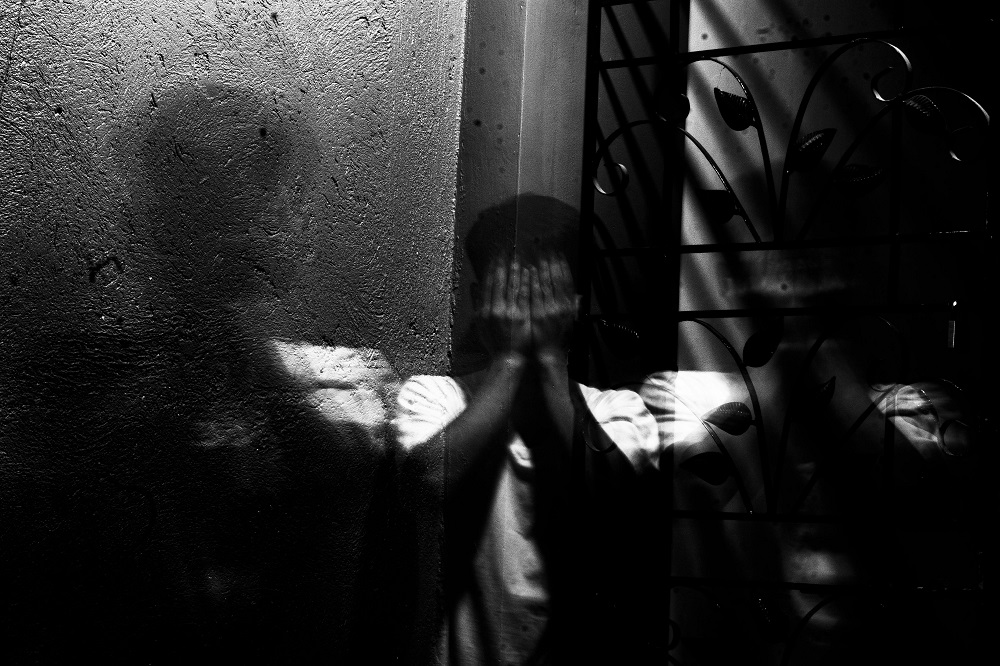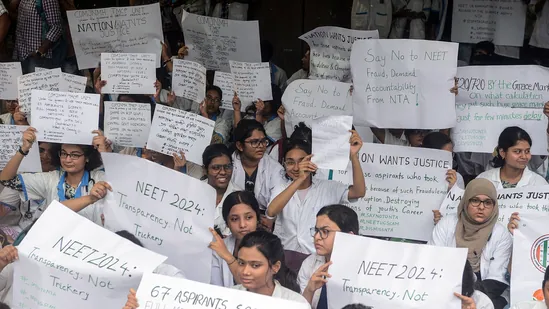News
Mumbai schools take school health check-ups very seriously.
Mumbai schools have upped the ante by providing specialised medical care in the school premises including inviting specialist Doctors on campus and facilitating parental interaction. Schools now boast of on-call doctors, full-time nurses and interactions with parents.

Education
Prerana Students Chart Career Paths with Target Publications’ Event
Education
Kozhikode Becomes India’s First UNESCO ‘City of Literature’
Education
Ladakh Celebrates Achieving Full Functional Literacy
Education
Ministry of Education Launches Tobacco-Free Educational Institutions Campaign
Education
NIIT Foundation and UNICEF YuWaah Empower 5,000 Women and Girls through Data Literacy Training Programme
Education
Goa to Introduce Uniforms in Government Colleges
Education
PeakMind Report: 47% of Delhi/NCR Students Battle Sleep Problems Amid Growing Mental Health Concerns
Education
UGC Unveils Flexible Curriculum and Credit Framework for PG Programmes
Education
Ministry of Education Takes Initiatives for Menstrual Hygiene of Students During Board Examinations
Education
The NEET Debacle: Understanding the Issue and Looking Ahead
-

 Education3 months ago
Education3 months agoPost-pandemic: Embracing Well-being in India’s Schools with My Guide Inside
-

 Education1 month ago
Education1 month ago10 Summer Safety Tips for Kids During Summer Breaks
-
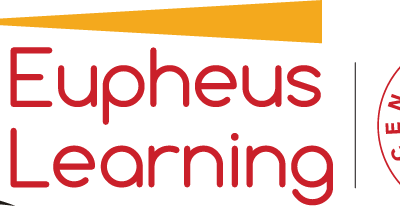
 Education2 months ago
Education2 months agoIndia’s Eupheus Learning Recognised in TIME’s World’s Top EdTech Rising Stars of 2024
-
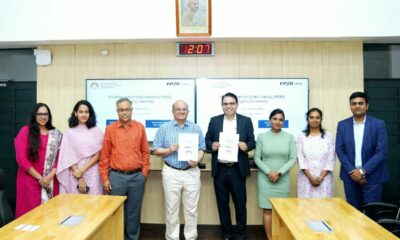
 Education3 months ago
Education3 months agoFPSB India and IIM Bangalore Forge Strategic Partnership to Advance Financial Education
-

 Knowledge2 months ago
Knowledge2 months agoYoung Birders’ Workshop Opens Registration for Children Aged 10-13 Years
-

 Edutainment3 months ago
Edutainment3 months agoWorld Theatre Day: Let Theatre Arts Make Classroom’s Showtime Spectacular!
-

 Education3 months ago
Education3 months agoCBSE Updates Exam Structure for 11th & 12th Class; Concept-based Questions Now 50% of Weightage
-
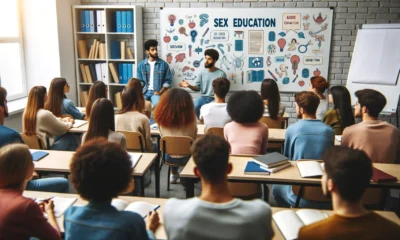
 Education1 month ago
Education1 month agoWhy Sex Education in Schools is a Battlefield: A Look into Recent Debates and the Path Forward
-
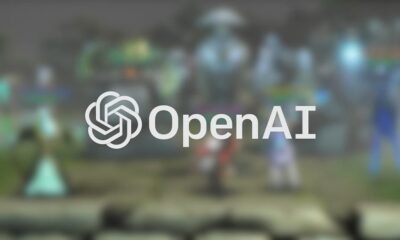
 Education4 weeks ago
Education4 weeks agoOpenAI Launches ChatGPT Edu to Revolutionise University Education
-

 Education2 months ago
Education2 months agoQuestioning the Trend of Lavish Farewells- #FarewellFiasco



